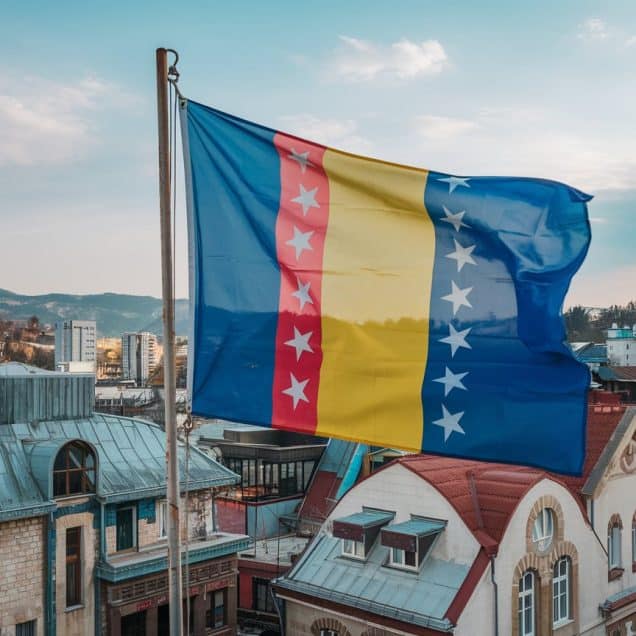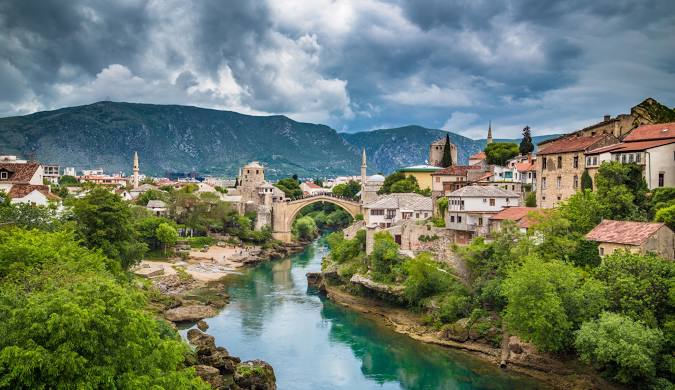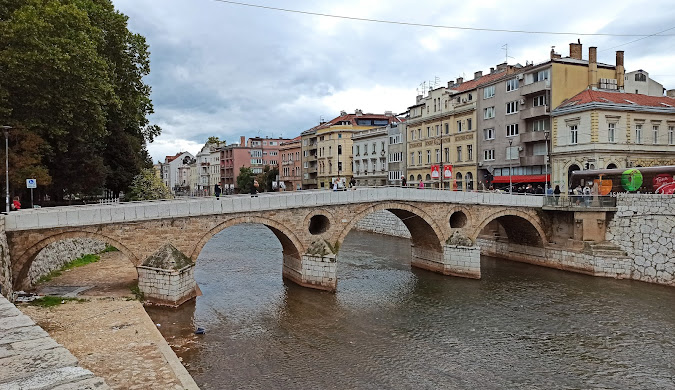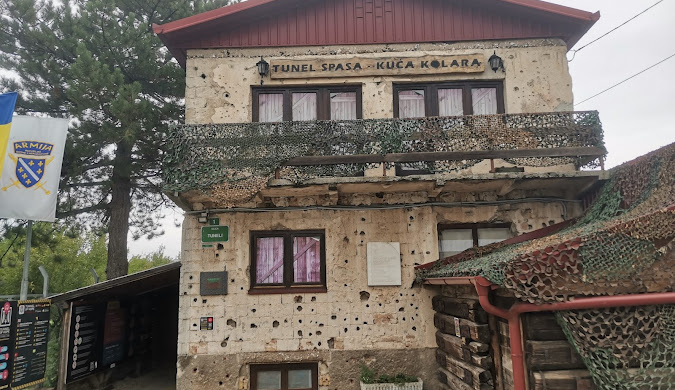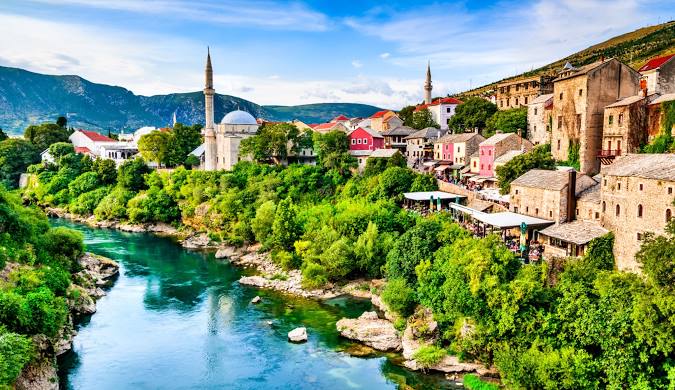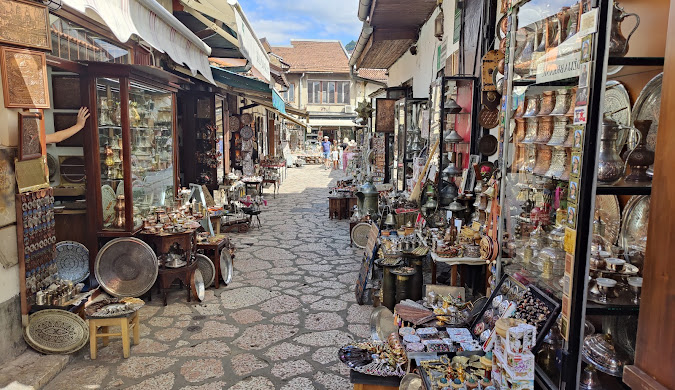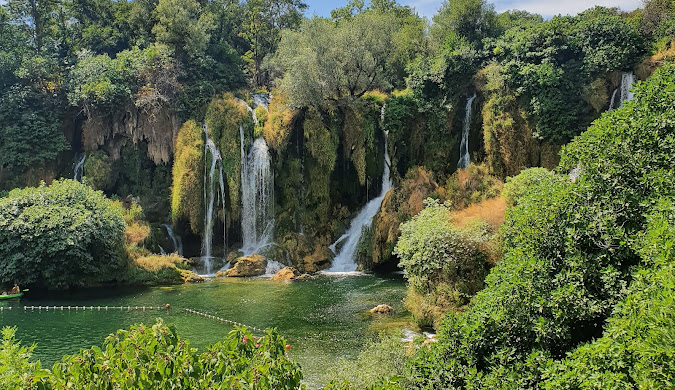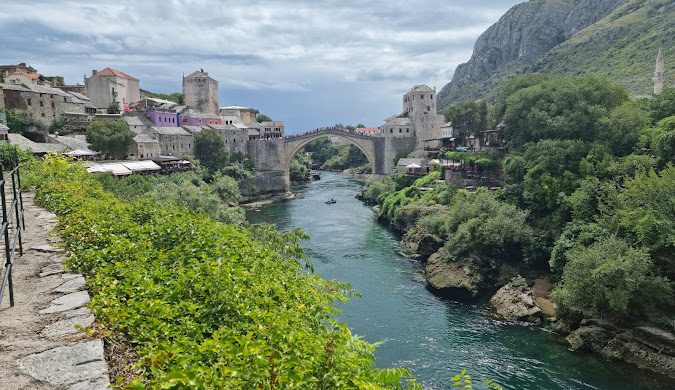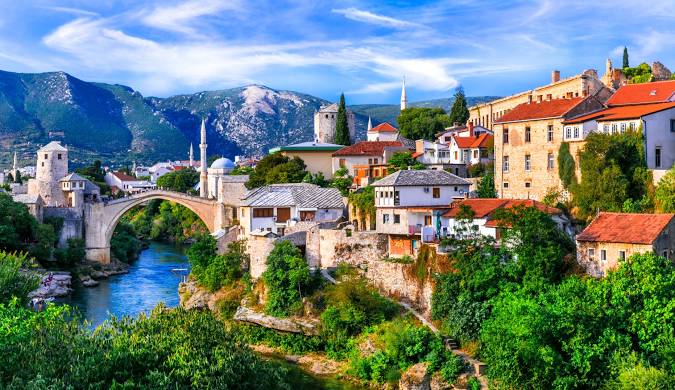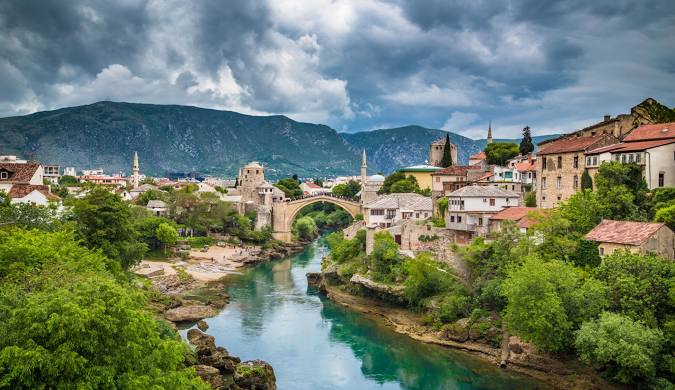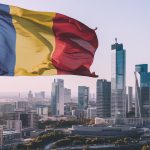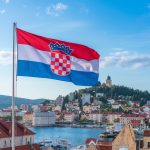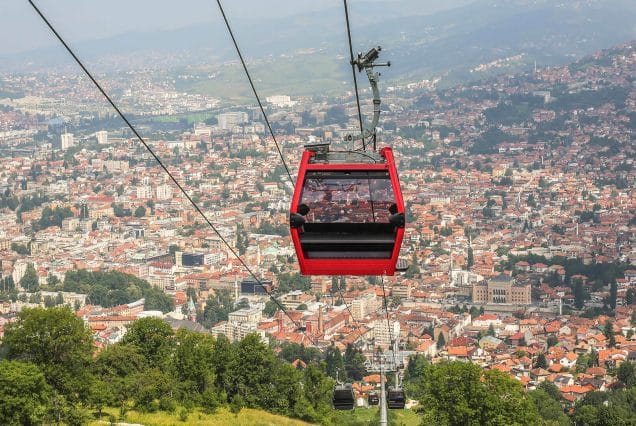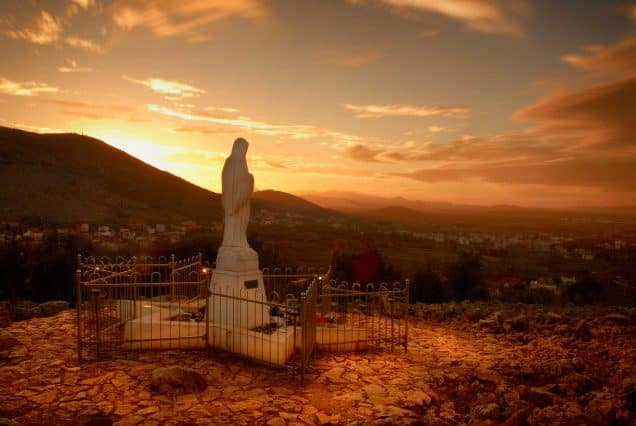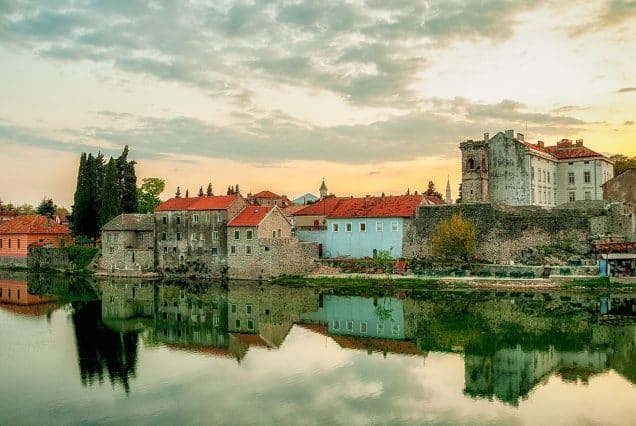

Discover Bosnia
Sights
Map
Info
Bosnia and Herzegovina is a country in Southeastern Europe, known for its rich history, stunning natural landscapes, and diverse cultural heritage. When planning your trip, it’s helpful to be informed about visa and passport requirements, transportation and accommodation options, and dining and cultural practices. Additionally, practical tips about the local cuisine, shopping opportunities, and language barriers can help you make the most of your visit.
Visa and Passport Requirements
Visa-Free Entry: Citizens of the European Union, Turkey, and some other countries can enter Bosnia and Herzegovina visa-free for up to 90 days.
Passport Validity: Visitors must ensure their passport is valid for at least six months from the date of entry into Bosnia and Herzegovina.
Visa Application: Travelers from countries requiring a visa can apply through Bosnia and Herzegovina embassies or consulates.
Transportation
Buses: Buses are the most common means of intercity travel within Bosnia and Herzegovina.
Taxis: Taxis are a convenient and affordable way to get around in the cities.
Trains: Although the train network is limited, it is possible to travel between some cities by train.
Accommodation
Luxury Hotels: Five-star hotels are available in major tourist destinations like Sarajevo and Mostar.
Mid-range Hotels: Affordable and comfortable hotels near city centers offer convenient stays.
Hostels: Budget-friendly accommodations are common, especially for young travelers and backpackers.
Dining
Local Dishes: Popular Bosnian dishes include cevapi, burek, and baklava, available at restaurants throughout the country.
Restaurants: Traditional Bosnian cuisine is served at local restaurants, offering a blend of Ottoman and regional flavors.
Coffee Culture: Coffee is a central part of Bosnian social life, and traditional coffee can be enjoyed at local cafés.
Cultural Considerations
Religion and Beliefs: Bosnia and Herzegovina is a multi-faith country, with mosques, churches, and synagogues, requiring respect for all places of worship.
Dress Code: Casual and modern attire is common, but more conservative clothing is recommended when visiting religious sites.
Hospitality: The local people are very hospitable, and being invited to someone’s home is considered a great honor.
Language
Official Languages: Bosnian, Croatian, and Serbian are the official languages of the country.
English: English is commonly spoken in tourist areas, particularly among the younger population.
Translation Apps: Using translation apps can help with communication, especially in rural areas.
Technology and Communication
Wi-Fi Access: Free Wi-Fi is widely available in most cafés, restaurants, and hotels.
Mobile SIM Cards: Local SIM cards are easy to obtain, providing affordable data plans for travelers.
Shopping and Payment
Cash and Cards: While cash is commonly used, credit cards are accepted in most larger establishments in urban areas.
Currency Exchange: Euros can be easily exchanged at currency exchange offices in city centers.
Bargaining: Bargaining is expected in traditional markets and is part of the local shopping experience.

